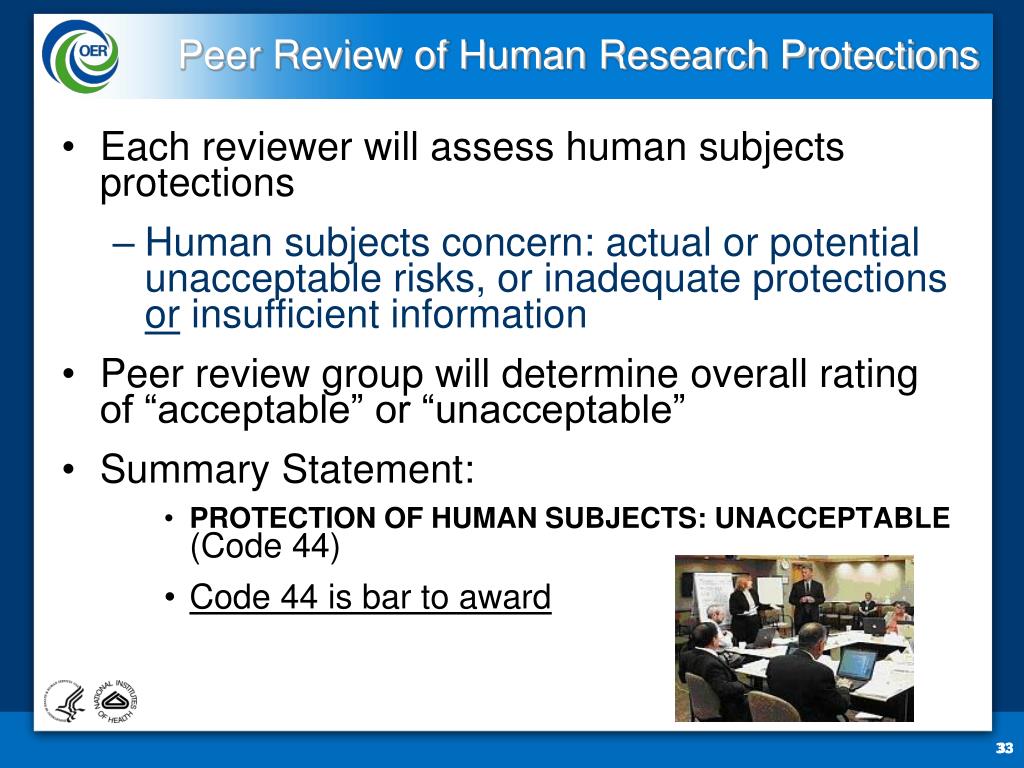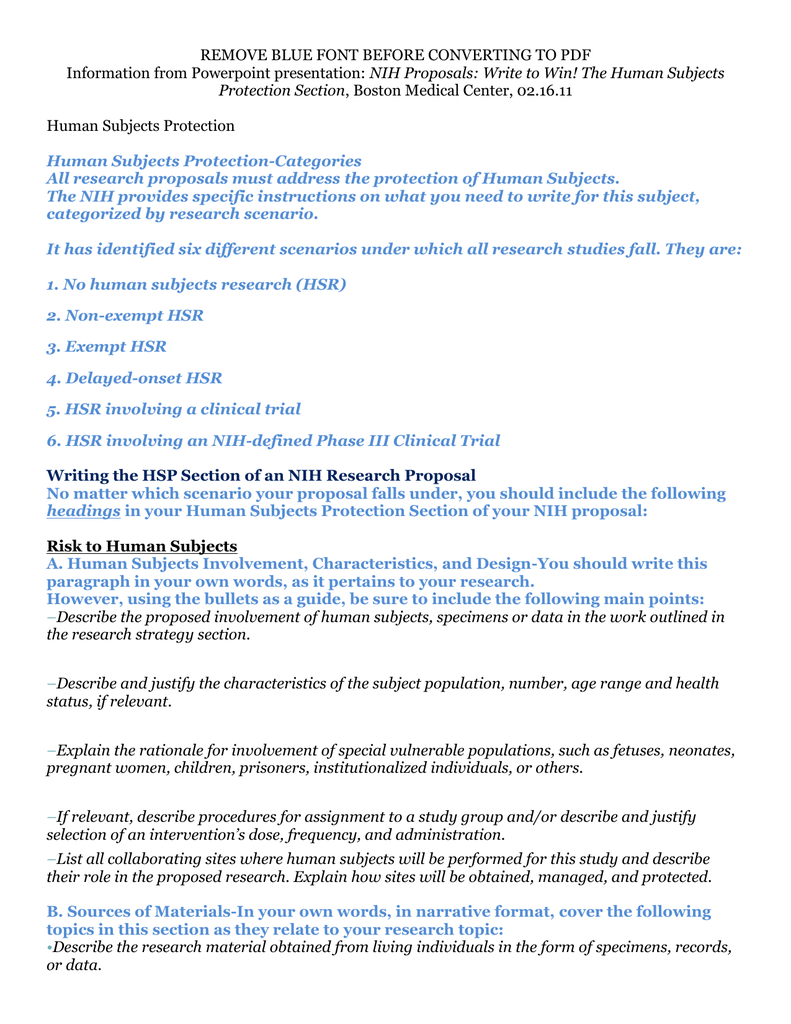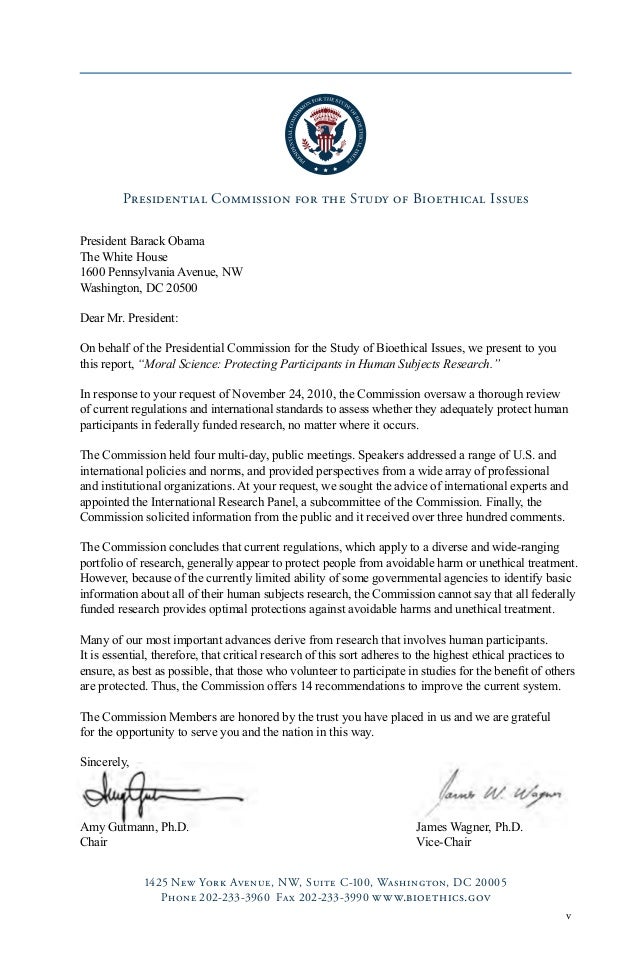
Learners may complete the modules at their own pace.Ĭertificates usually have expirations and must be renewed. They are divided in modules that provide reading materials and entail quizzes for which a minimum score is required to pass each module. These courses cover the historical development of human subject protections, discuss the ethical issues involved in this human subjects research, and present the principles and regulations governing it.
 The Collaborative Institutional Training Initiative (CITI) training. The Protecting Human Research Participants online training and. Two commonly accepted sources of certification are: This may include principal investigators, research assistants, field coordinators, and/or survey firm staff. Besides protecting human research subjects, the research team must also keep in mind best practices for IRB approvals, informed consent, de-identification, and encryption.Īs a prerequisite for IRB approval, all members of the research team who manage personally identifiable information (PII) must obtain ethics certifications to conduct research with human subjects. To protect the rights and welfare of study participants, IRBs require ethics certifications depending on IRB requirements, these may be obtained via NIH, CITI, or elsewhere. The DIME Research Ethics Standards discuss the provisions for protecting human subjects in development research. NIH provides links to other tutorials and case studies at. NIH provides an online course, " Protecting Human Research Participants (PHRP)." This web-based tutorial is intended for use by those involved in the design andĬonduct of research involving human participants and available at. NIH does not require a specific course of study. What type of training/education is required? PI/PD describing and certifying the training be included in the first progress report NIH also requires that a statement from the The Human Subjects Training Certification form must be submitted to OSP in order to This certification will be submitted to NIH upon requestĪnd must be signed by an institutional official.įor all non-competing grant and contract renewals beginning after October 1, 2000, To accomplish this,Ī Human Subjects Training Certification form has been developed that must be submitted to the Office of Sponsored Programs (OSP)Īlong with the proposal. Or that the research is exempt from the training requirement. Is required only once during the project period.īeginning October 1, 2000, all new proposals for competing grants or contracts requireĪ statement from the PI/PD describing and certifying completion of the required training, Personnel to be trained and to certify completion of the training.
The Collaborative Institutional Training Initiative (CITI) training. The Protecting Human Research Participants online training and. Two commonly accepted sources of certification are: This may include principal investigators, research assistants, field coordinators, and/or survey firm staff. Besides protecting human research subjects, the research team must also keep in mind best practices for IRB approvals, informed consent, de-identification, and encryption.Īs a prerequisite for IRB approval, all members of the research team who manage personally identifiable information (PII) must obtain ethics certifications to conduct research with human subjects. To protect the rights and welfare of study participants, IRBs require ethics certifications depending on IRB requirements, these may be obtained via NIH, CITI, or elsewhere. The DIME Research Ethics Standards discuss the provisions for protecting human subjects in development research. NIH provides links to other tutorials and case studies at. NIH provides an online course, " Protecting Human Research Participants (PHRP)." This web-based tutorial is intended for use by those involved in the design andĬonduct of research involving human participants and available at. NIH does not require a specific course of study. What type of training/education is required? PI/PD describing and certifying the training be included in the first progress report NIH also requires that a statement from the The Human Subjects Training Certification form must be submitted to OSP in order to This certification will be submitted to NIH upon requestĪnd must be signed by an institutional official.įor all non-competing grant and contract renewals beginning after October 1, 2000, To accomplish this,Ī Human Subjects Training Certification form has been developed that must be submitted to the Office of Sponsored Programs (OSP)Īlong with the proposal. Or that the research is exempt from the training requirement. Is required only once during the project period.īeginning October 1, 2000, all new proposals for competing grants or contracts requireĪ statement from the PI/PD describing and certifying completion of the required training, Personnel to be trained and to certify completion of the training. 
It is the responsibility of the named PI or Project Director (PD) to identify those Is to be provided with the appropriate progress report. Personnel who join the project after it has begun must also be trained certification ExcludedĪre individuals who are not involved with the human subject’s part of a study. Key personnel on domestic and foreign subcontracts and foreign and domestic consultantsĪnd applies whether or not these individuals are compensated from the award. Part of the project must be trained prior to working with human subjects. Personnel who are directly responsible for the design and conduct of the human subjects Principal Investigators (PIs) on projects involving human subjects research and all Outcomes research and health services researchĮxcluded are in vitro studies in which the human materials studied cannot be directly Interacts with human subjects and subject identification is necessary. Specimens, and cognitive phenomena) in which an investigator or collaborator directly Research conducted with human subjects (or on material of human origin such as tissues, NIH defines clinical research as follows:

Grants or contracts will be required to undergo training in the protection of human The National Institutes of Health (NIH) has announced that effective October 1, 2000,Īll principal investigators and key personnel conducting clinical research on NIH
NIH Guidance on NIH OER on-line tutorial Protecting Human Research Participants (2/29/08). 
NIH Office of Extramural Research (OER) on-line tutorial Protecting Human Research.NIH Research Ethics and Human Subjects Research Tutorials list.NIH Requirements on Education in the Protection of Human Subjects








 0 kommentar(er)
0 kommentar(er)
